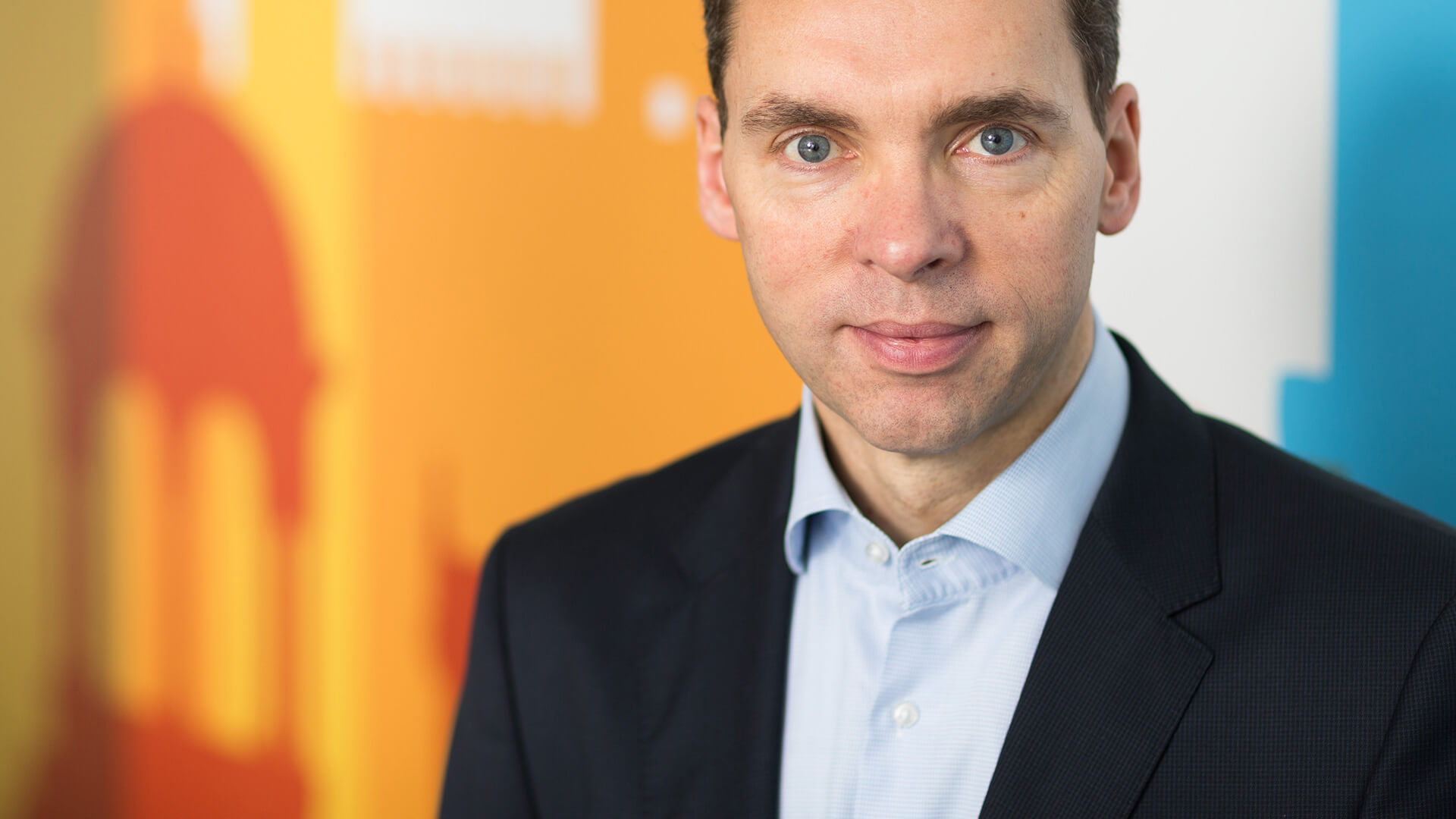You are viewing your 1 free article this month. Login to read more articles.
Transition to digital 'key driver' for recent growth at OUP
Oxford University Press (OUP) reported turnover of £825m in the 2022/23 financial year, up 5.6% on the previous year and an increase of 2.6% at constant exchange rates.
According to the report, which can be read in full here, OUP’s surplus from trading was £107m, in line with that of the prior year, and digital-only sales grew by 10.7%. Increased turnover in all three divisions – Academic, Education, and English Language Teaching (ELT) – was also reported.
As in previous years, Academic experienced a decline in print turnover, but chief executive Nigel Portwood said “this was offset by strong growth in digital turnover – a trend that we expect will help to build a business that is more sustainable".
He added: “Across OUP, we maintained our focus on pursuing digital opportunities and evolving our products and services to meet changing customer needs. While print sales increased by 2.7% on the back of the post-Covid recovery, especially in emerging and developing markets, digital-only sales grew by 10.7%."
In its transition to digital publishing, the Academic division migrated more than 42,000 books and 500,000 chapters, to join the three million journal articles already hosted on the Oxford Academic platform, the report states, adding that it has received more than one billion visits to its online content since the launch of the platform in 2017 and that digital revenues now account for 69% of its turnover.
The report states that the Education division supported 53 million learners worldwide and noted “particularly good performances in India, Pakistan, Hong Kong and South Africa".
Moreover, the ELT division achieved “an impressive growth as most of its markets fully reopened and it enjoyed success in the Spanish curriculum reform".
Working closely with educators, schools and parents, OUP’s Education division developed educational resources in 71 languages, supporting 53 million learners worldwide according to the report.
Important milestones noted include OUP India and OUP Pakistan celebrating their 110th and 75th anniversaries respectively, the launch of the Oxford Smart Curriculum Service – the first time that curriculum, resources and assessment have been developed together – and the development of new AI-powered adaptive learning products, Bond Online Premium and Bond Online Premium Plus, in collaboration with the edtech AI platform, CENTURY.
The English Language Teaching (ELT) division saw demand for access to English language learning rebound strongly following the pandemic. Digital product sales grew by 11% and digital product platforms reached three million users. It also grew its online learner and teacher networks, continuing its work to connect the international English language learning community, and supported students affected by both the war in Ukraine and the earthquake in southern Turkey and Syria.
The report adds that the press’ results “reflect a strong performance in the face of a range of global challenges".
Portwood said: “In the year, we faced many unexpected challenges. Although much of the world returned to almost pre-pandemic normality, we, like many other organisations, felt the pressures of high inflation and supply chain disruption as a result of the war in Ukraine and the rapid recovery in economic activity post-Covid.
"Nevertheless, thanks to the hard work, creativity, and resilience of everyone at OUP, we were still able to achieve underlying growth.”



















